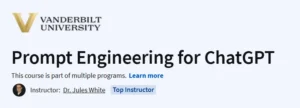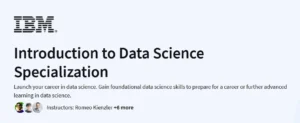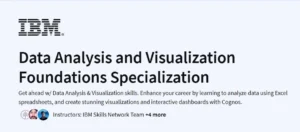What will you in the Regression Models Course
Understand the theory and application of regression analysis, including linear models and their assumptions.
Implement and interpret multiple regression, ANOVA, and ANCOVA models.
Use residual plots and diagnostics to assess model performance and assumptions.
Apply variable selection methods and explore smoothing techniques like loess.
Develop proficiency in R programming for regression modeling.
Program Overview
Module 1: Linear Regression Fundamentals
Duration: ~10 hours
Introduction to least squares estimation and simple linear regression.
Explore concepts like bias, variance, and regression to the mean.
Learn how to fit, interpret, and visualize linear models in R.
Module 2: Multivariable Regression
Duration: ~10 hours
Apply regression to models with multiple predictors.
Analyze confounding, interactions, and multicollinearity.
Perform model diagnostics and check residual assumptions.
Module 3: ANOVA and ANCOVA Models
Duration: ~10 hours
Use ANOVA to compare multiple group means.
Extend to ANCOVA to include covariates in group comparisons.
Understand model contrasts and categorical variable handling.
Module 4: Advanced Regression Techniques
Duration: ~10 hours
Learn model selection techniques such as AIC, BIC, and stepwise regression.
Introduction to polynomial regression and smoothing.
Use loess for flexible, non-parametric curve fitting.
Final Project
Apply all learned techniques to a data-based modeling assignment.
Write and submit a report using R Markdown or knitr.
Peer-reviewed by fellow learners.
Get certificate
Job Outlook
Data Analysts: Gain essential statistical tools for real-world data modeling.
Researchers & Scientists: Enhance analytical rigor in academic or lab-based studies.
Economists & Social Scientists: Apply quantitative methods to behavioral and survey data.
Business & Marketing Analysts: Use regression to forecast sales, trends, and consumer behavior.
Statisticians: Deepen understanding of applied linear modeling strategies.
Specification: Regression Models
|





